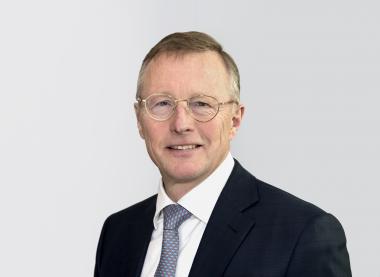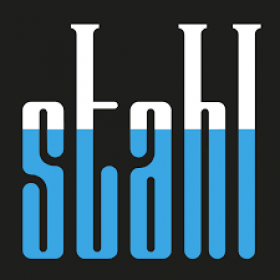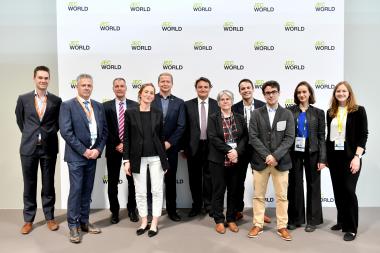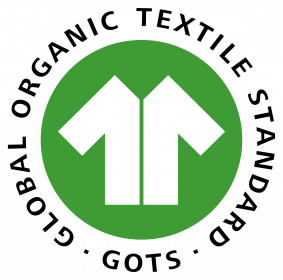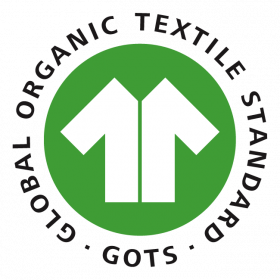AkzoNobel’s Supervisory Board Chair Nils Andersen steps down
Nils Andersen will step down as Chair and member of the Supervisory Board of AkzoNobel to accept a new board position outside of the company.
Commenting on the announcement, Byron Grote, Deputy Chair of the Supervisory Board, said: “We congratulate Nils Andersen on his new opportunity and at the same time we deeply regret to see him go. Nils stepped into the role of Chair of the Supervisory Board during a very turbulent time. His extensive international experience in different industries and his broad business insight have helped guide AkzoNobel’s transformation into a frontrunner in the paints and coatings industry. The company’s relationship with its shareholders and other stakeholders significantly improved under his leadership.”
Nils Andersen will step down at the Annual General meeting to be held in April 2023. The Supervisory Board will announce a successor, to be nominated for appointment at the next AGM, in due course.
AkzoNobel


